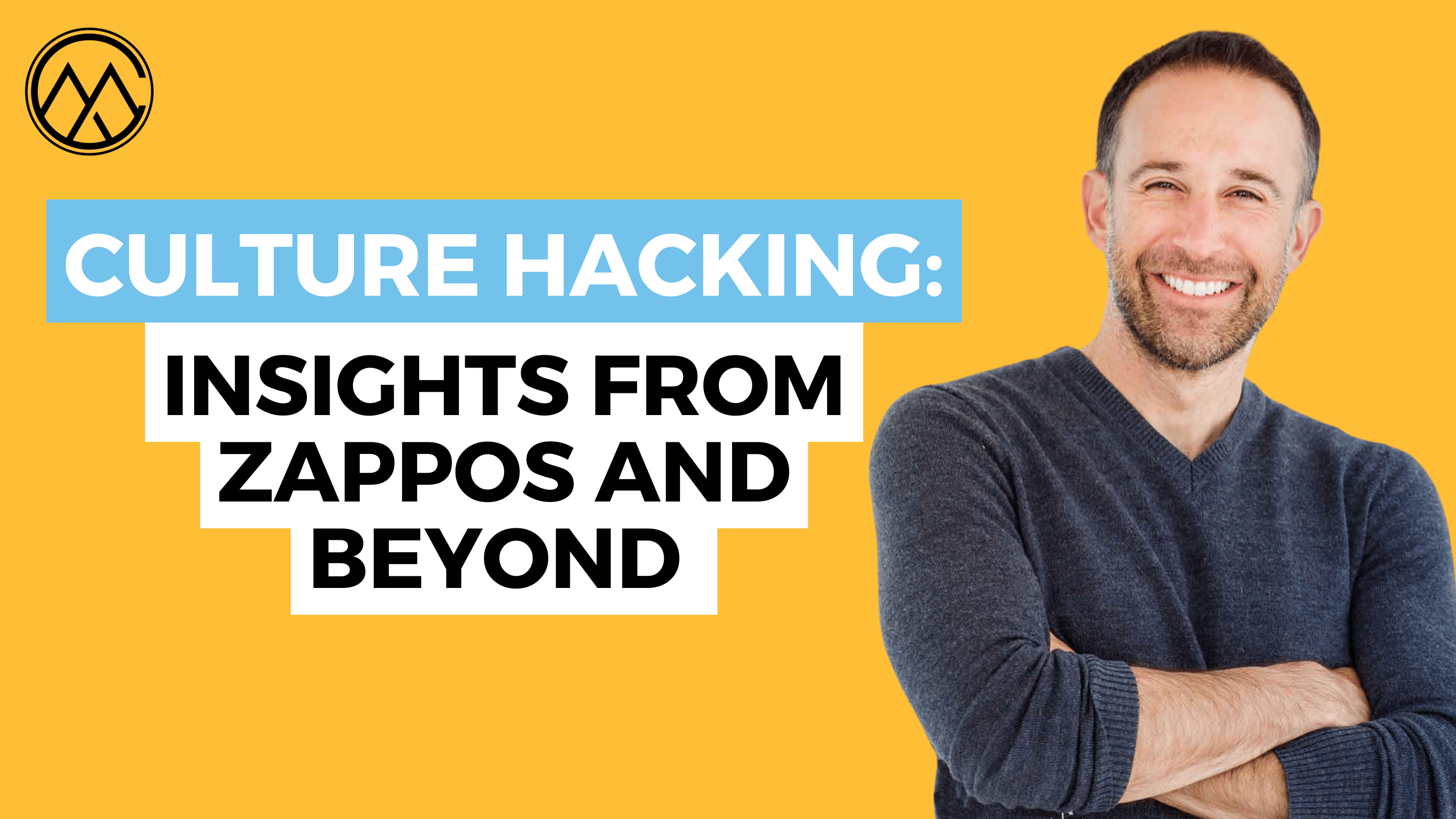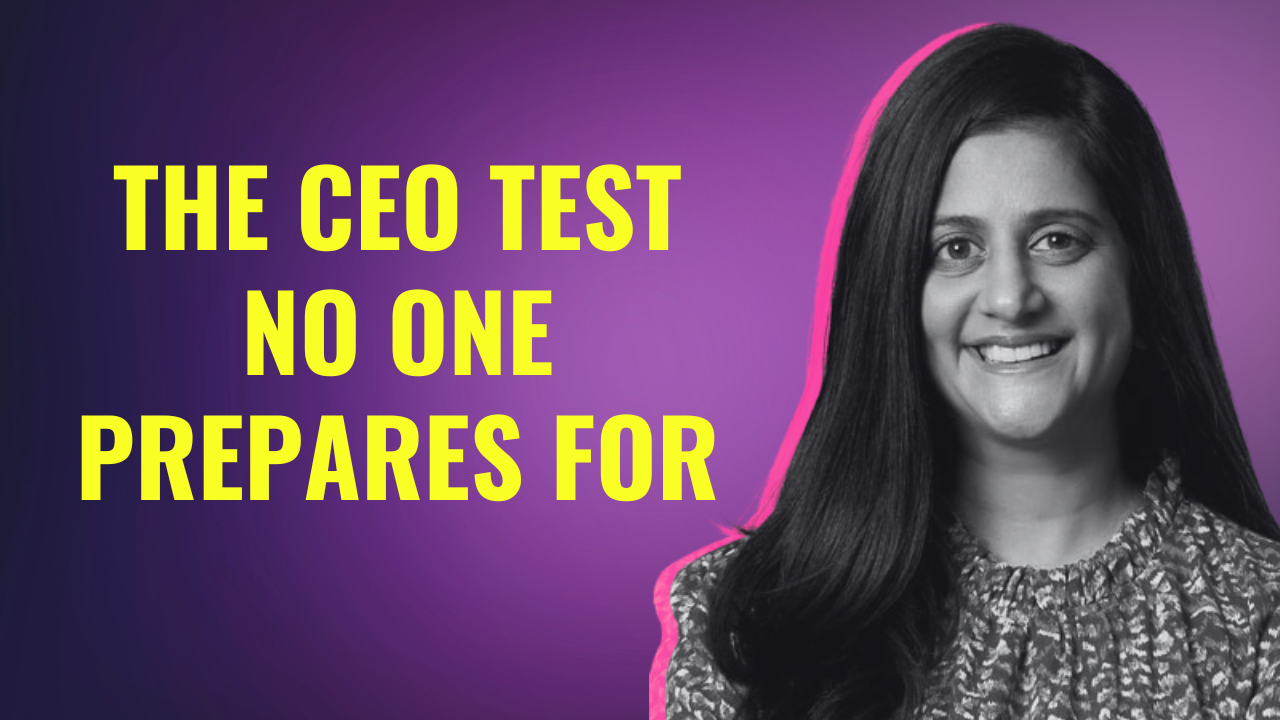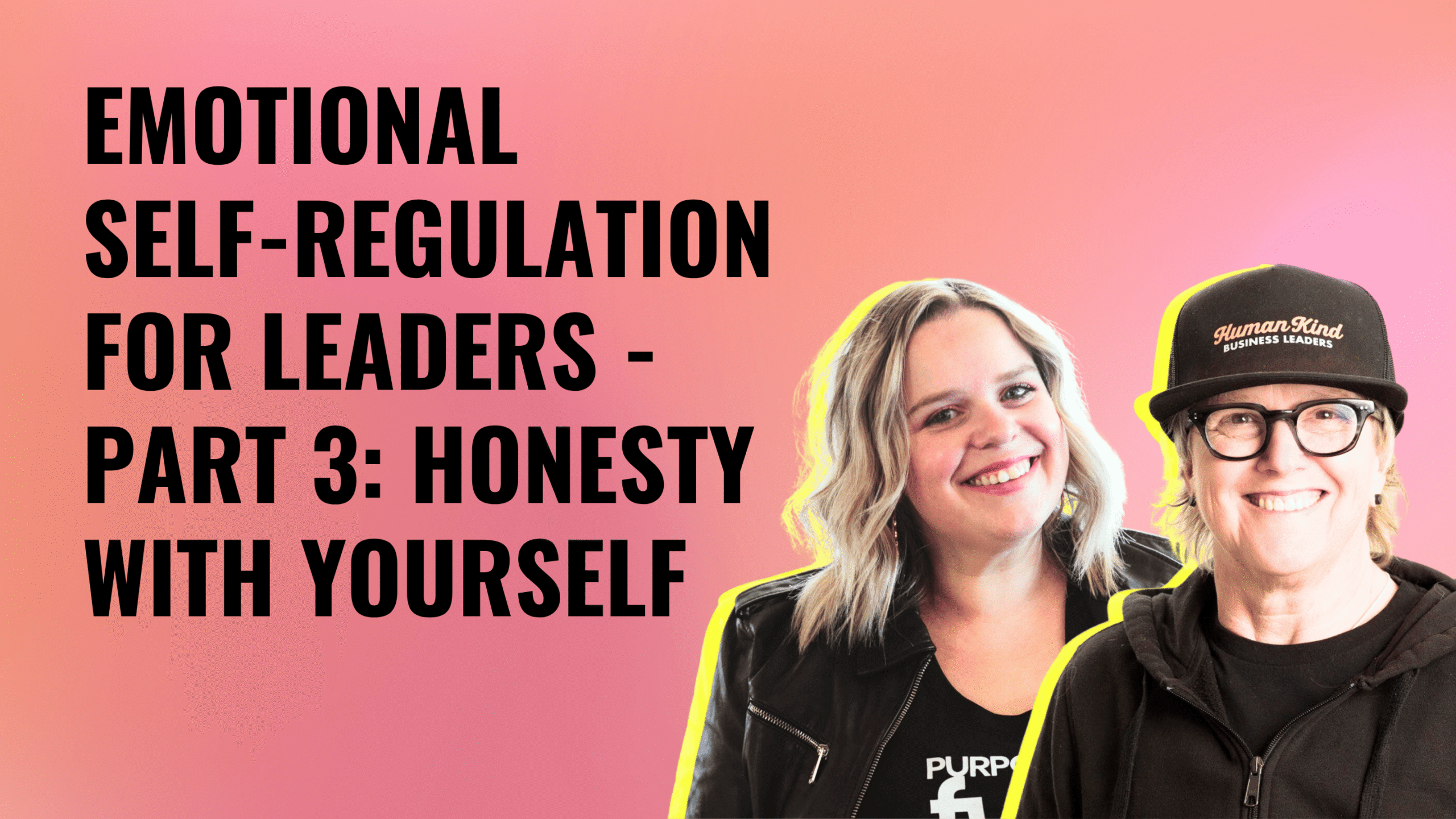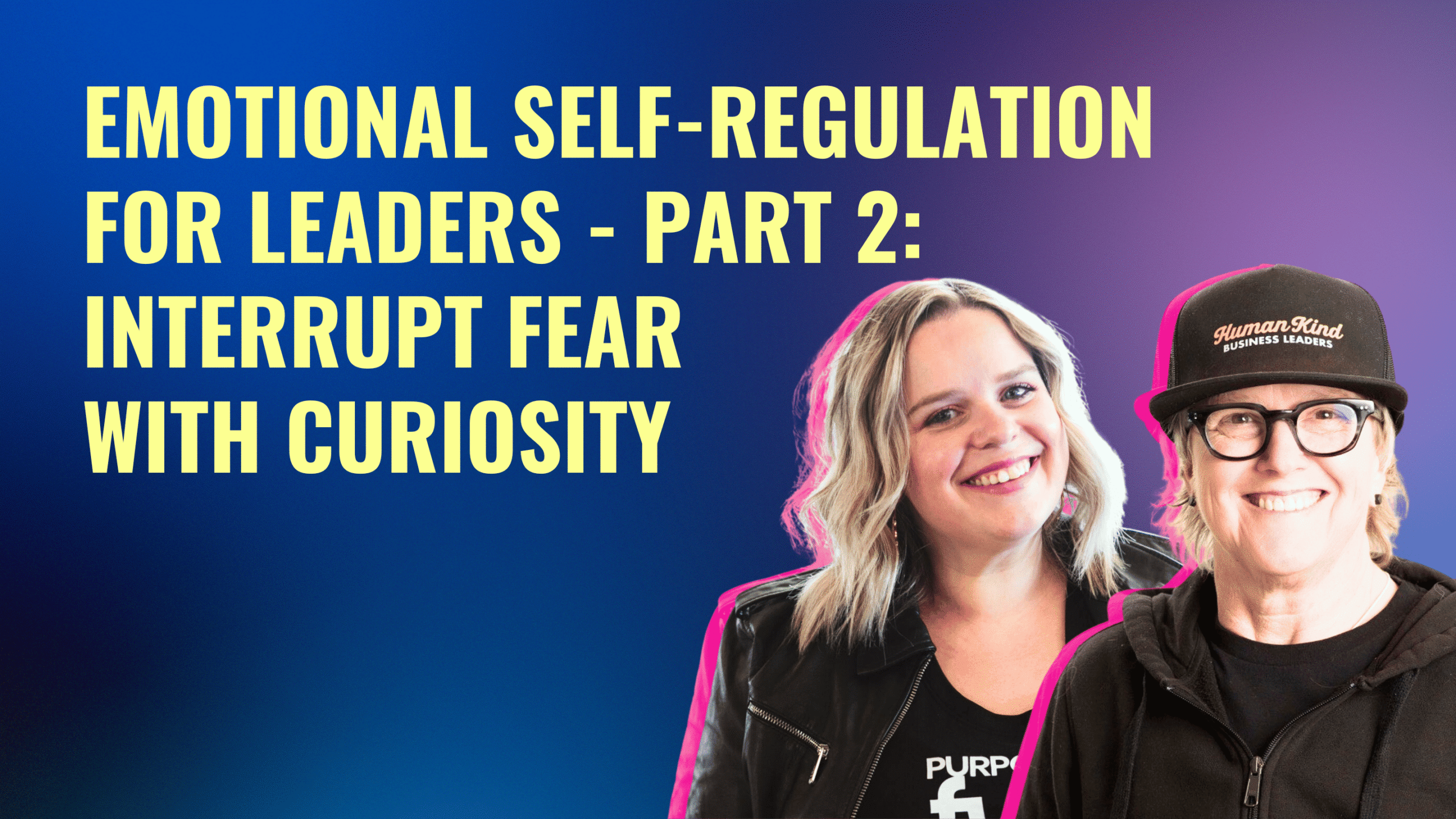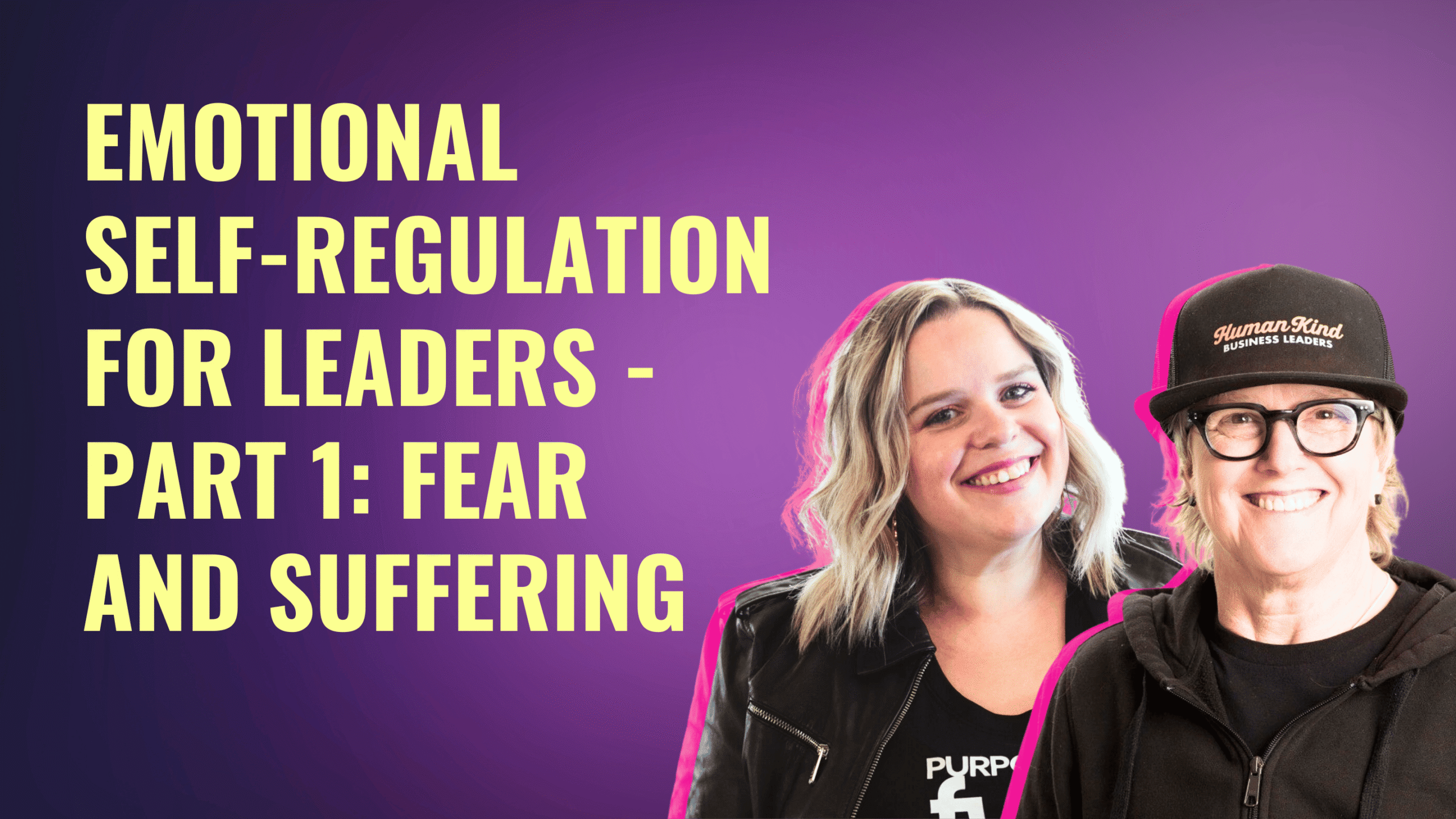“The main lesson I’ve learned is to distinguish what’s like the E=mc² of culture—simplifying something extremely complex. And what I see is that the simplification of culture rides on trust, but the currency of trust is really in agreements,” Robert Richman shares as he reflects on his research while writing his book The Culture Blueprint: A Guide to Building the High-Performance Workplace.
As a former employee of Zappos, Robert shares insights into the company’s renowned culture under Tony Hsieh, where trust was built through clear agreements and a commitment to values. He introduces the concept of “culture hacking,” which refers to small but powerful changes that can significantly transform a workplace. How can businesses adopt this mindset to make meaningful improvements? Drawing from Zappos’ success, Robert points out the importance of hiring for values rather than just skills, and how a thoughtful onboarding process creates accountability and commitment. Is culture really just a luxury in challenging times, or is it essential to long-term success? Robert argues that by building explicit agreements and continuously gathering employee feedback, companies can create cultures that stand the test of time.
Quotes
- “The main lesson I’ve learned is to distinguish what’s like the E=mc² of culture—simplifying something extremely complex. And what I see is that the simplification of culture rides on trust, but the currency of trust is really in agreements.” (07:02 | Robert Richman)
- “So how clear are our agreements and are agreements upheld? You don’t just say, ‘Yeah, I agree to uphold the values.’ You literally sign a contract and you swear an oath to uphold them. So that’s a very, very clear agreement. Most companies’ cultures suffer because they don’t articulate the agreements well, and don’t get an opt in for those agreements, and then hold people accountable to those agreements. I think that, especially with corporate culture, that’s really the currency of a great culture.” (07:24 | Robert Richman)
- “I think what most companies need, and are missing, is some sort of Director of Communication, because that’s where culture lies. It’s all in the communication—how you’re relating these things, how you’re sharing them, and how you’re getting the message out. So I’m less about having a Head of Culture, because I believe the CEO really needs to own that role as the head of culture.” (21:28 | Robert Richman)
- “Engagement is how connected to the task somebody is, how much passion they have for it, how much energy they’re putting toward it, right? Whereas empowerment has to do with authority. What level of authority do I really have? That’s what people are actually talking about when they mean empower.” (25:03 | Robert Richman)
Links
Connect with Robert Richman:
Website: https://robertrichman.com/
Connect with Alex Raymond:
LinkedIn: https://www.linkedin.com/in/afraymond/
Website: https://consciousentrepreneur.us/
HiveCast.fm is a proud sponsor of The Conscious Entrepreneur Podcast.

